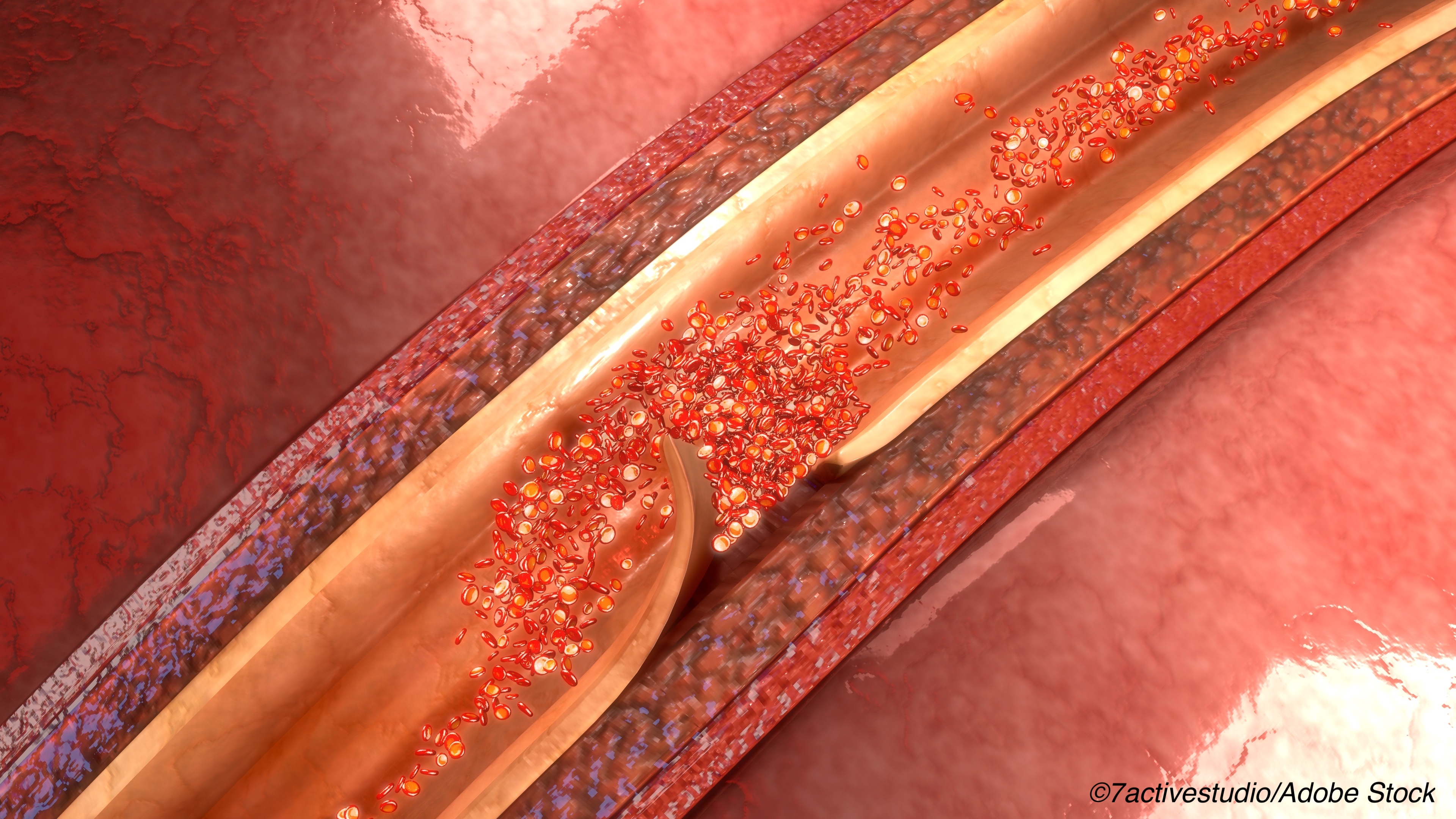
Writing in JAMA Cardiology Alan Braverman, MD, of Washington University in St. Louis, and coauthors, acknowledged that rarity but noted that “among women younger than 35 years, 19% of acute aortic dissections occurred during pregnancy or within 12 weeks post partum.”
“Aortopathy conditions are present in most women with pregnancy-related aortic dissection, but many were not recognized to have an aortopathy disorder until after acute aortic dissection had occurred,” they continued. “Recognizing women with predisposition to aortic dissection, counseling them before conception, and monitoring the aorta throughout pregnancy may lessen the risk of this rare complication of pregnancy and improve outcomes.”
The 29 women in the International Registry of Acute Aortic Dissection (IRAD) database who had aortic dissection during pregnancy or within 12 weeks post partum represented 0.3% of all database aortic dissections and 1% of aortic dissection in women. Almost all (97%) survived aortic dissection hospitalization.
Either a diagnosed aortopathy or positive family history of aortic disease was noted in 69% of cases, including Marfan syndrome (13 women), Loeys-Dietz syndrome, two women), bicuspid aortic valves (two women), family history of aortic disease (two women), and familial thoracic aortic aneurysm (one woman).
Aortopathy was not recognized until after aortic dissection in 47% of the women.
“Aortic dissection was disproportionately observed in women with genetic aortopathy,” noted Elizabeth McNally, MD, PhD, of Northwestern University in Chicago, in an accompanying editorial. “Marfan syndrome was diagnosed in 13 women, and two had Loeys-Dietz syndrome—conditions for which genetic testing can improve diagnosis.”
“Fortunately, dissections in pregnancy remain rare, even among women with an increased risk for aortic dissection,” she added. “A family history for aortic disease can help to better identify and stratify patients, and genetic testing can pinpoint who carries the greatest risk. The IRAD report clarifies outcomes and provides useful, even comforting, information to help clinicians better manage the rare but definitive risk of aortic dissection during pregnancy.”
Conditions that increase the risk of aortic dissection during pregnancy include Marfan syndrome, Loeys-Dietz syndrome, heritable thoracic aortic diseases, vascular Ehlers-Danlos syndrome, Turner syndrome, and bicuspid aortic valve with aneurysm.
Pregnancy-specific risk is associated with the hemodynamic and hormonal changes of pregnancy, and hypertension also increases risk. Prophylactic aortic surgery before conception is advised for women with aortic diameter over 44 mm who have Marfan syndrome.
A meta-analysis reported a dissection rate of nearly 8% with Marfan syndrome in pregnancy with greater risk as proximal aortic dimensions exceed 4.0 cm. In Ehlers-Danlos syndrome, over 9% have been described as having pregnancy-related arterial rupture or dissection, including the aorta.
“As with other serious adverse events, the chance of aortic dissection with pregnancy is often overestimated,” McNally wrote. “Reporting is biased toward documenting adverse outcomes, such as dissections, and urgent successful surgical repair.”
The researchers identified 29 women with mean age 32 in the IRAD database between February 1998, and February 2019 who had aortic dissection during pregnancy or within 12 weeks post partum. Diagnoses of aortopathy conditions were reported by individual experts in aortic dissection from each IRAD site, and aortic dissection was classified as type A (ascending aorta involved) or type B (ascending aorta not involved).
Among women younger than 35 overall in the IRAD database, there were 105 aortic dissections, with 20 (19%) occurring during pregnancy or within 12 weeks post partum, with a mean age of 32.
Onset information was available for 27 patients and showed 15 cases during pregnancy (4 first trimester, 11 third trimester), and 12 cases post partum at a mean of 12.5 days after birth.
“Women with aortopathies should receive multidisciplinary evaluation and counseling before pregnancy, including maternal and fetal risk,” the authors wrote. “During pregnancy, monitoring of the aortic root and ascending aorta with an echocardiogram every 4 to 12 weeks is recommended depending on individual circumstances. If the aortic arch and/or descending aorta is dilated, noncontrast magnetic resonance imaging is recommended.”
“Genetic testing before pregnancy is recommended when the diagnosis of a specific heritable thoracic aortic disease is uncertain because risks of pregnancy may differ among aortopathy conditions,” they added. “In women with heritable thoracic aortic disease, pre-pregnancy imaging of the entire aorta with magnetic resonance angiography is recommended.”
Limitations included a retrospective study design with some missing data on family history, phenotypic features, and pregnancy outcomes. Also, some women from the earliest dates of the database who were diagnosed with Marfan syndrome might today be diagnosed with Loeys-Dietz syndrome. Management decisions were left to the clinicians at the sites. It is possible that additional factors than those recorded contributed to treatment decisions.
-
Aortic dissection is a rare complication of pregnancy, often due to an aortopathy not diagnosed until after aortic dissection.
-
Family history for aortic disease can help to better identify and stratify patients, and genetic testing can pinpoint who carries the greatest risk, the editorialist noted.
Paul Smyth, MD, Contributing Writer, BreakingMED™
The International Registry of Acute Aortic Dissection (IRAD) study was supported by unrestricted grants from W.L. Gore, the Ann and Bob Aikens Aortic Fund, The Tom Varbedian Fund for Aortic Research, and grants from numerous participating IRAD aortic centers of excellence.
McNally reported receiving grants from the National Institutes of Health, American Heart Association, and Department of Defense during preparation of this editor’s note; personal fees from Invitae Corp, Tenaya Therapeutics, Amgen, Cytokinetics, Avidity, 4D Molecular Therapeutics, Pfizer, AstraZeneca, and Janssen outside the submitted work and is founder, Ikaika Therapeutics (unrelated to content).
Cat ID: 6
Topic ID: 74,6,6,914,41,192,916,925


